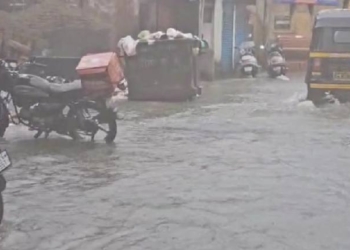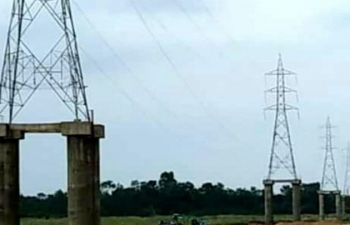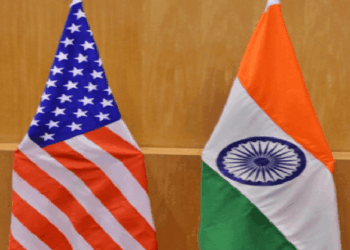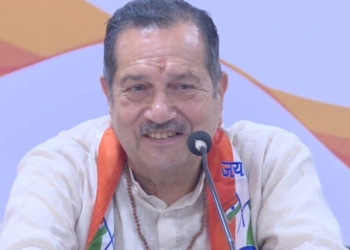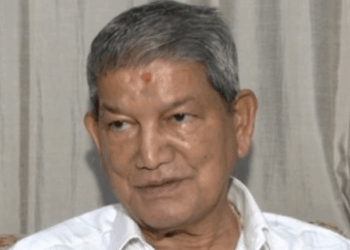Bhopal: A few African cheetahs transloacted to the Kuno National Park (KNP) in Madhya Pradesh will be relocated to the Gandhi Sagar Wildlife Sanctuary in Mandsaur and Neemach districts of the state by November this year.
Earlier, it was said that the Mukundra Hills Tiger Reserve in Rajasthan will be the first priority for relocating some of the big cat. However, the Cheetah Task Force Committee has now decided to shift some of the big cats from KNP to the Gandhi Sagar Wildlife Sanctuary.
Chandra Prakash Goyal, the Director General of Forest Ministry, who was in Bhopal to attend the National Tiger Conservation Authority’s (NTCA) meeting on Monday, told IANS that the Gandhi Sagar Wildlife Sanctuary is the first priority for relocating some of the cheetahs fron KNP, and the next habitat (after Gandhi Sagar) for the cheetahs will be the Nauradehi Wildlife Sanctuary, the largest in Madhya Pradesh.
“The Madhya Pradesh government has informed that the Gandhi Sagar Wildlife Sanctuary will be ready to ready to welcome the cheetahs by November this year, but the way preparations are going on, I believe that the habitat will be ready to receive the big cats before that. Kuno has spece to accommodate 21 cheetahs while 20 cheetahs were introduced there. After that, four cubs were born there. Three cubs and three mature cheetahs have died so far at Kuno, but the number will increase in future,” Goal said.
A senior forest official also told IANS that Rs 20 crore will be spent for fencing a 80 sq km area and for developing grassland at the Gandhi Sagar Wildlife Sanctuary, which is spread over an area of 368 sq km. The sanctuary was notified in 1974. Notably, the Chambal river passes through the sanctuary dividing into two parts – one in Mandsaur district and the other in Neemach.
The Nauradehi Wildlife Sanctuary, which is spread over an area of 1,197 sq km, is spread across four districts – Sagar, Damoh, Narsinghpur and Raisen.
When asked if some of the cheetahs will be shifted to the Mukundra Hills Tiger Reserve in Rajasthan, Goal said, “We will proceed as per the cheetah action plan only, and at present, our first priority is Gandhi Sagar and the next is Nauradehi. Once the the project succeeds in these two places, we will decide about the next location. The cheetah project will not be limited to one place, as it is a long-term project and relocation will continue on the basis of increase in the number of cheetahs.”
On the death of six cheetahs, including three cubs, within a span of two-and-a-half months, Goal said the mortality rate of cheetah cubs is up to 90 per cent.
“Even if 50 per cent of the cheetahs translocated from African countries survive, the project will be considered a success. Kuno can accommodate only 21 cheetahs at one time, which is why some of them will be shifted to the Gandhi Sagar Wildlife Sanctuary,” Goal said.
A total 20 cheetahs were translocated from Namibia (8) and South Africa (12) in two phases – on September 17, 2022 and February 18, 2023. Out of these, three have died so far. Three out of the four cubs born to a Namibian cheetah have also died, while the fourth one has been kept under special observation after its health condition deteriorated.
(IANS)





